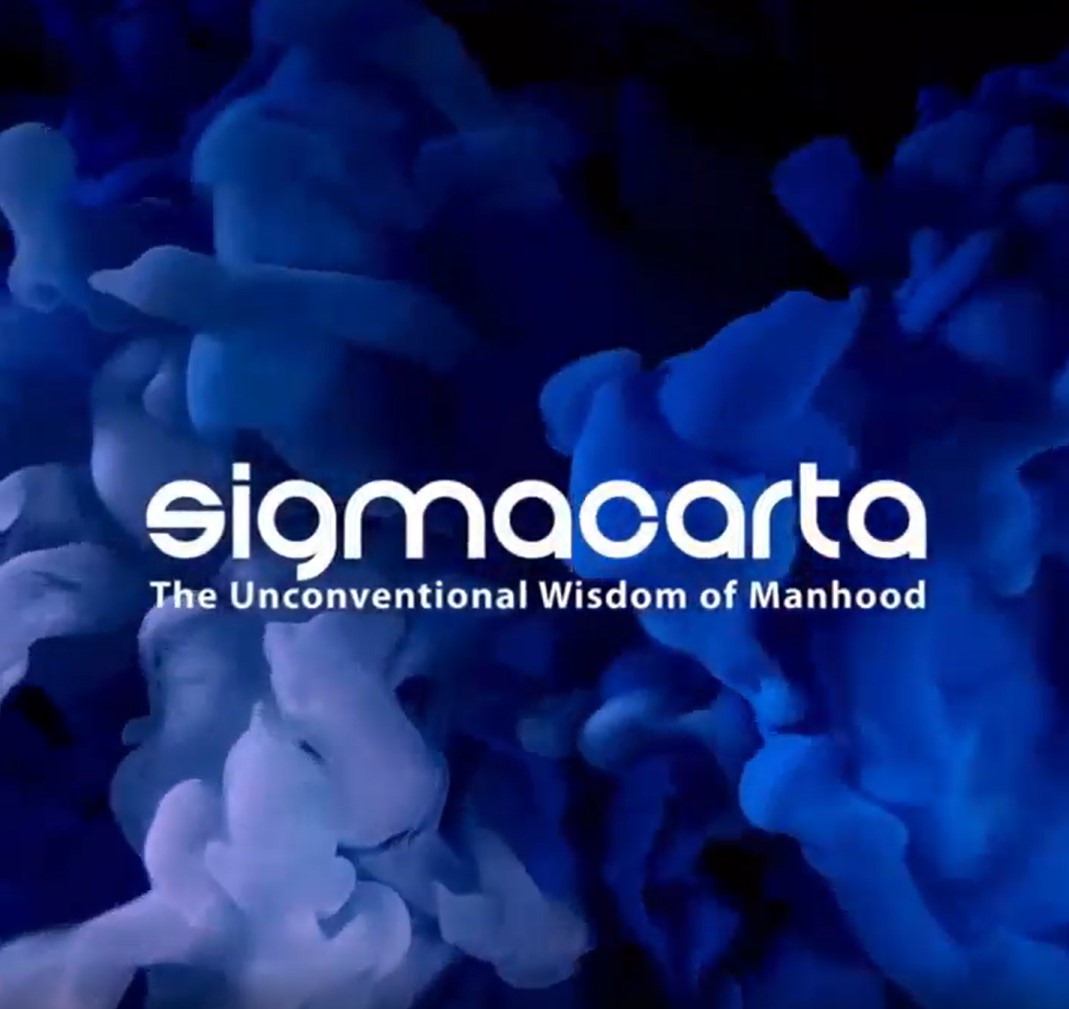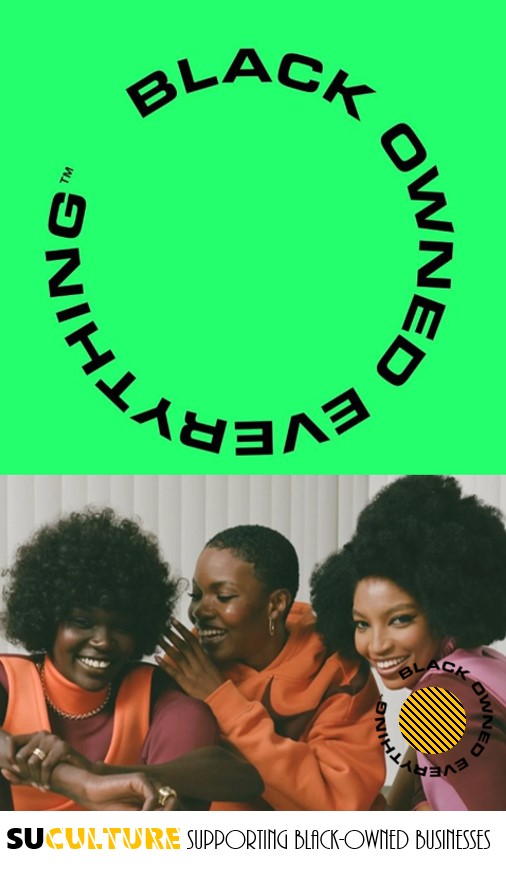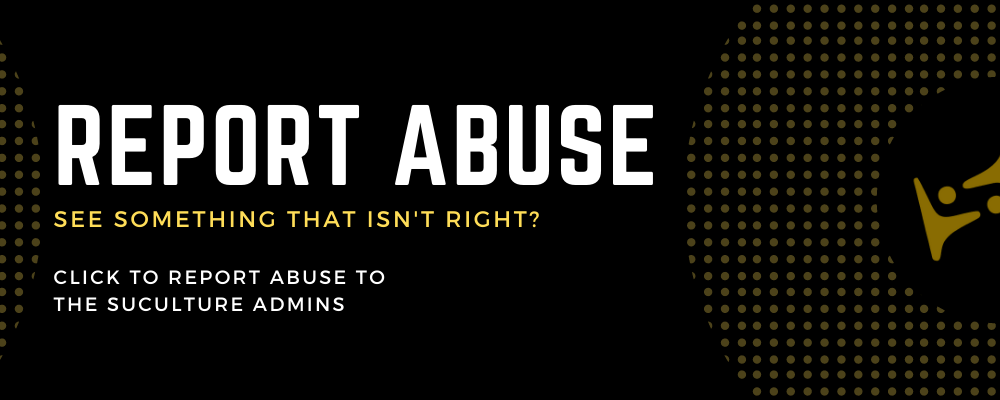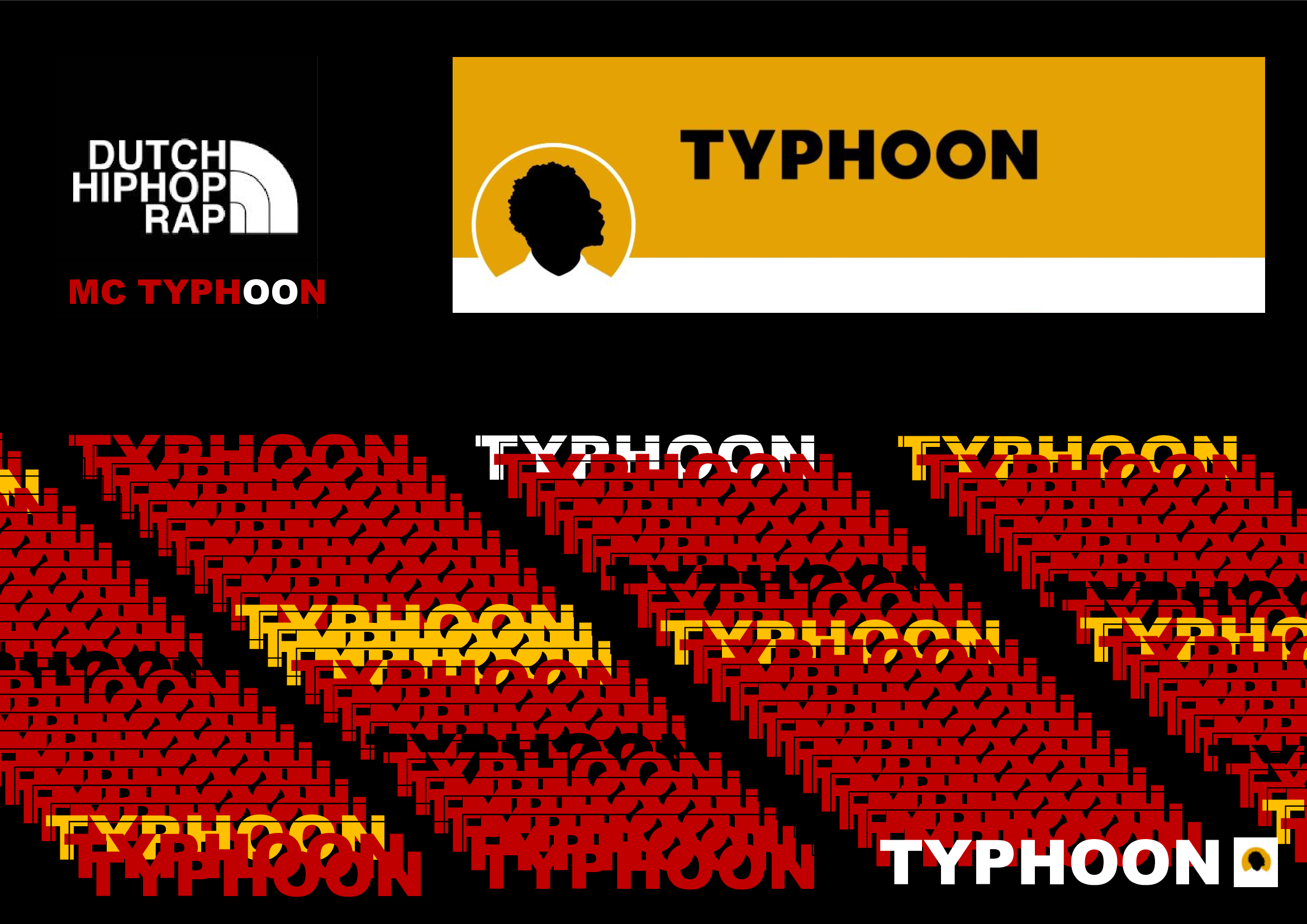-
AuthorPosts
-
-
Is Generation Z
Really the Most
Difficult
Generation to Work
With?
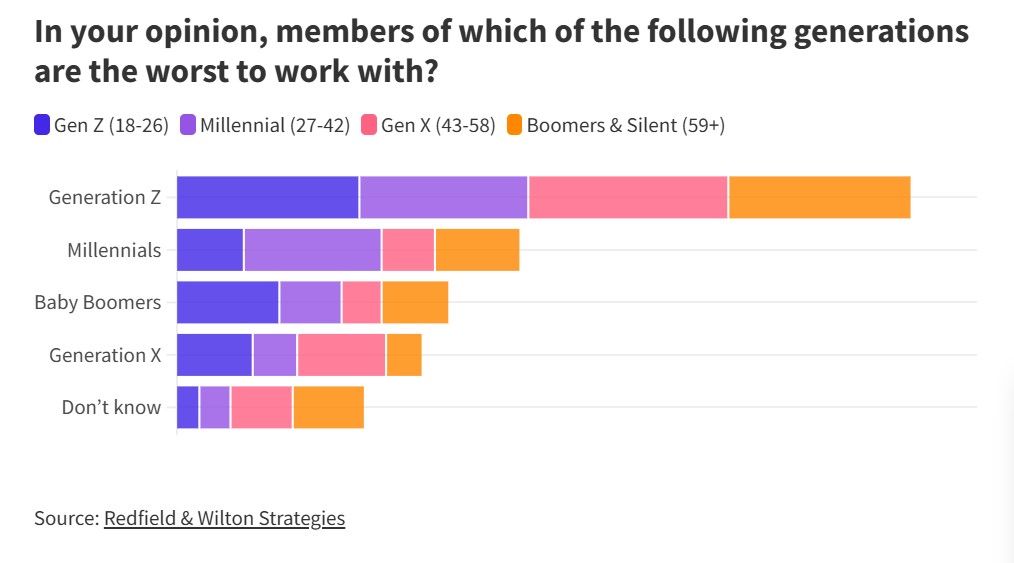
Generation Z, encompassing individuals born between 1997 and 2012, is on track to become the largest cohort in the workforce by 2035. However, this burgeoning presence has already sparked debates, with many perceiving Gen Z as the most challenging generation to work with.
A recent survey by Redfield & Wilton Strategies, conducted among 1,500 U.S. adults recently, apparently highlights some of these concerns. The results reveal that 40% of respondents, including Gen Z members themselves, view this generation as the most difficult to collaborate with. Gen Z, however, counters this perception by emphasizing their prioritization of work-life balance over a work-centric lifestyle.
Notably, Millennials (born 1981-1996) and Generation X (born 1965-1980) share similar sentiments, with 38% and 45% respectively finding Gen Z challenging to work with. Even Baby Boomers and the Silent Generation, who interact less frequently with Gen Z, agree at a rate of 41%. In contrast, Millennials are regarded as the easiest to work with, receiving a 42% approval rate.
Managerial challenges are also evident, with 36% of survey participants identifying Gen Z as the hardest to manage. Gen Z’s own members critically rate their peers, with 33% considering their generation the worst managers. This view is supported by 32% of Millennials, 38% of Generation X, and 49% of Baby Boomers and the Silent Generation.
Despite these criticisms, some argue that Gen Z’s work practices are misunderstood. Some Gen Z business owners, assert that Gen-Z’s sees work primarily as a means to cover expenses, not as a lifestyle, which conflicts with older generations’ perspectives. They emphasize Gen Z’s rejection of inefficient work culture norms.
Other’s note that Gen Z prioritizes work-life balance, mental health, and meaningful work, which can challenge traditional workplace norms; suggesting that by understanding and addressing Gen Z’s values, employers can leverage their technological proficiency and innovative mindset to foster a more inclusive and forward-thinking work environment.
Some businesses and institutions managing teams primarily composed of Gen Z employees highlight the need for empathetic leadership – stressing the importance of providing growth opportunities, frequent career progression, and managers who serve as mentors. It is also noted that Gen Z responds well to regular feedback and training, seeking meaningful and purposeful work.
Human Resources [HR] Teams globally agree that Gen Z’s entry into the workforce necessitates a cultural shift within companies. They observe that Gen Z values diversity, equity, inclusion, and belonging more than previous generations, advocating for an environment where diverse thoughts are welcomed, and healthy disagreement is encouraged.
While some employers criticize Gen Z for being a “toxic” presence, questioning their reliability and analytical skills, others see these traits as opportunities for growth and change. As more Gen Z employees join the workforce, many leaders recognize that understanding and adapting to their unique perspectives can harness their potential and transform workplaces for the better.
What do you think?!
-
The assertion that Generation Z is the most difficult generation to work with is multifaceted and warrants a nuanced discussion.
Charlotte.
-
These perceptions may stem from fundamental differences in values and work practices between generations. While there are undeniable challenges, there are also significant opportunities for innovation, inclusivity, and growth. By embracing these differences and adapting managerial strategies, employers can leverage Gen Z’s strengths to create more dynamic and forward-thinking work environments.
-
-
AuthorPosts
You must be logged in to reply to this topic.



